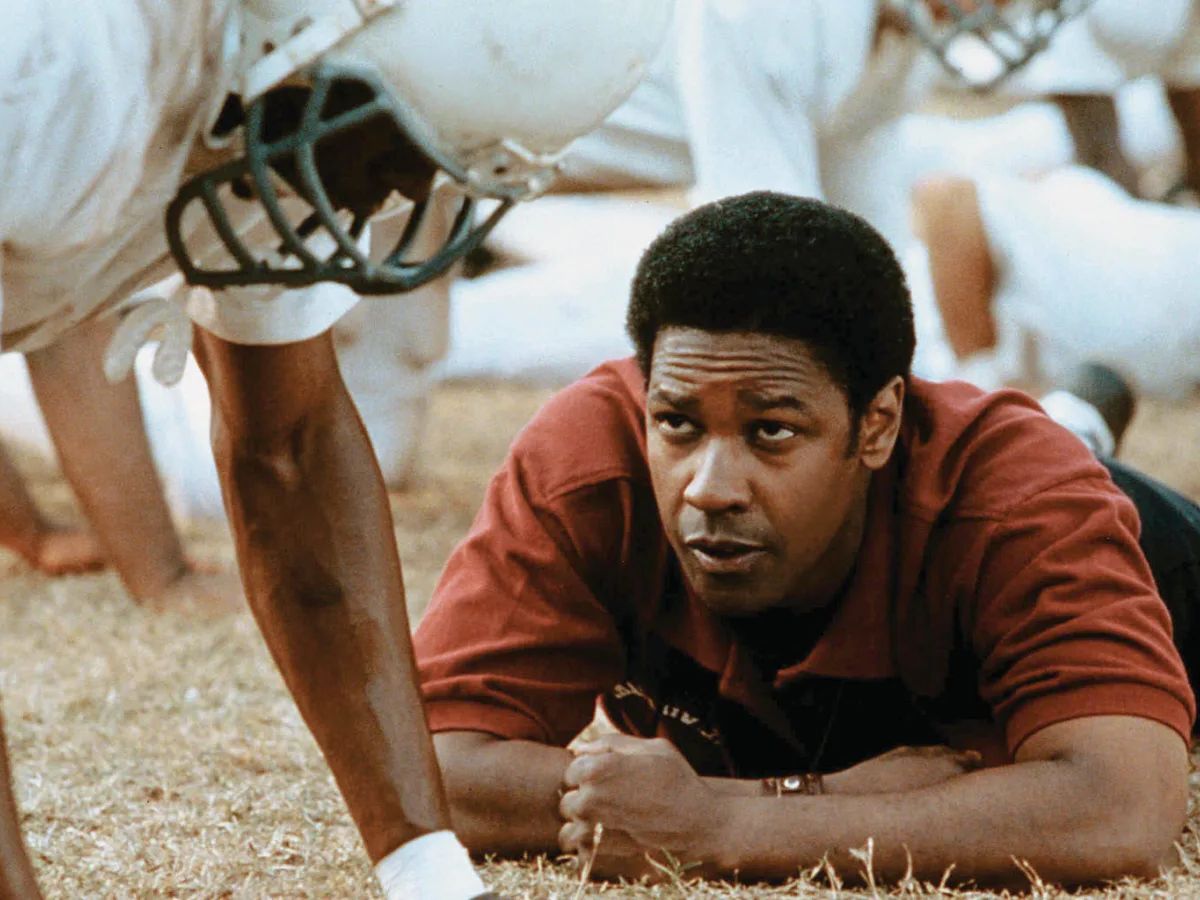
Movies from the 1970s hold a special place in cinematic history, offering a blend of groundbreaking storytelling, iconic performances, and technical innovation that set new standards for filmmakers. This era, marked by a departure from traditional Hollywood norms, introduced audiences to a diverse range of genres, from gritty crime dramas to sci-fi epics and beyond. 1970s movies not only reflected the social and political climate of the time but also pushed the boundaries of what could be achieved on screen. With classics that continue to influence the industry today, understanding these films offers a window into a transformative period in filmmaking. Here are 17 fascinating facts about 1970s movies that showcase their impact and legacy.
The Dawn of Blockbusters
The 1970s marked a significant shift in the film industry, with the birth of the modern blockbuster. This era introduced audiences to movies that not only dominated the box office but also left a lasting impact on popular culture.
-
"Jaws" (1975), directed by Steven Spielberg, is often credited as the first true blockbuster. Its success changed how movies were marketed and distributed, focusing on wide releases and heavy promotion.
-
Following the trend, "Star Wars" (1977), directed by George Lucas, not only became a monumental success at the box office but also sparked a franchise that continues to thrive today.
Rise of New Hollywood
The 1970s were also a time when young filmmakers, now referred to as the "New Hollywood," began to make their mark. These directors brought fresh perspectives and innovative techniques to the industry.
-
Directors like Francis Ford Coppola, Martin Scorsese, and Stanley Kubrick became household names, thanks to their groundbreaking work during this decade.
-
"The Godfather" (1972), directed by Coppola, is a prime example of New Hollywood's impact, blending critical acclaim with commercial success and setting new standards for storytelling.
Emergence of Cult Classics
Not all films from the 1970s were instant hits. Some gained their status as classics over time, developing a dedicated fan base.
-
"The Rocky Horror Picture Show" (1975) initially received mixed reviews but grew in popularity through midnight movie showings, becoming a cult classic.
-
"A Clockwork Orange" (1971), directed by Kubrick, also faced controversy for its violent content but is now celebrated for its artistry and exploration of complex themes.
Innovation in Film Techniques
The '70s witnessed significant advancements in film techniques, from special effects to narrative style, influencing how stories were told on screen.
-
The use of advanced special effects in "Star Wars" set a new benchmark for visual storytelling, inspiring filmmakers to push the boundaries of what could be achieved.
-
"The French Connection" (1971), directed by William Friedkin, featured one of the most thrilling car chase scenes ever filmed, showcasing innovative cinematography and editing.
Social and Political Reflections
Films in the 1970s often mirrored the social and political climate, addressing issues that were relevant to the era.
-
"All the President's Men" (1976) delved into the Watergate scandal, reflecting the growing distrust in government institutions.
-
Movies like "Taxi Driver" (1976) and "Network" (1976) offered critical views on societal issues, from urban decay to the power of media.
Breakthroughs in Animation
The decade also saw notable achievements in animation, expanding the genre's appeal beyond a younger audience.
-
"Watership Down" (1978), an animated adaptation of Richard Adams' novel, tackled complex themes with its tale of survival and leadership.
-
Ralph Bakshi's "Fritz the Cat" (1972) broke new ground as the first animated film to receive an X rating, due to its adult content and social commentary.
International Cinema's Influence
The influence of international cinema became more pronounced in the 1970s, with filmmakers from around the world making significant contributions.
-
Italian director Federico Fellini's "Amarcord" (1973) and Swedish director Ingmar Bergman's "Scenes from a Marriage" (1973) were critically acclaimed, influencing filmmakers globally.
-
The Japanese film "Tora! Tora! Tora!" (1970) provided a unique perspective on the events of Pearl Harbor, showcasing the global nature of cinema.
The Legacy of 1970s Movies
The films of the 1970s continue to be celebrated for their innovation, storytelling, and impact on both the industry and audiences worldwide.
-
Many movies from this era have been preserved in the National Film Registry for their cultural, historical, or aesthetic significance.
-
The decade's influence is evident in the work of contemporary filmmakers, who often cite '70s cinema as a major source of inspiration.
-
The 1970s proved that movies could be both an art form and a form of mass entertainment, setting the stage for the multifaceted industry we see today.
A Final Reel on 1970s Cinema
We've journeyed through a decade where cinema wasn't just entertainment; it was a bold statement, a cultural revolution under the guise of storytelling. Directors became maestros, actors turned into icons, and films evolved into movements. From the gritty streets of New York in "Taxi Driver" to the far reaches of space in "Star Wars," the '70s offered a diverse palette that catered to every taste and sensibility. This era taught us that movies are more than just moving pictures; they're a mirror to society, reflecting the beauty, the chaos, and everything in between. As we look back, let's not just remember the groundbreaking special effects or the unforgettable soundtracks; let's celebrate the spirit of innovation and freedom that defined 1970s cinema. Here's to the films that challenged norms, pushed boundaries, and forever changed the landscape of filmmaking.
Was this page helpful?
Our commitment to delivering trustworthy and engaging content is at the heart of what we do. Each fact on our site is contributed by real users like you, bringing a wealth of diverse insights and information. To ensure the highest standards of accuracy and reliability, our dedicated editors meticulously review each submission. This process guarantees that the facts we share are not only fascinating but also credible. Trust in our commitment to quality and authenticity as you explore and learn with us.


